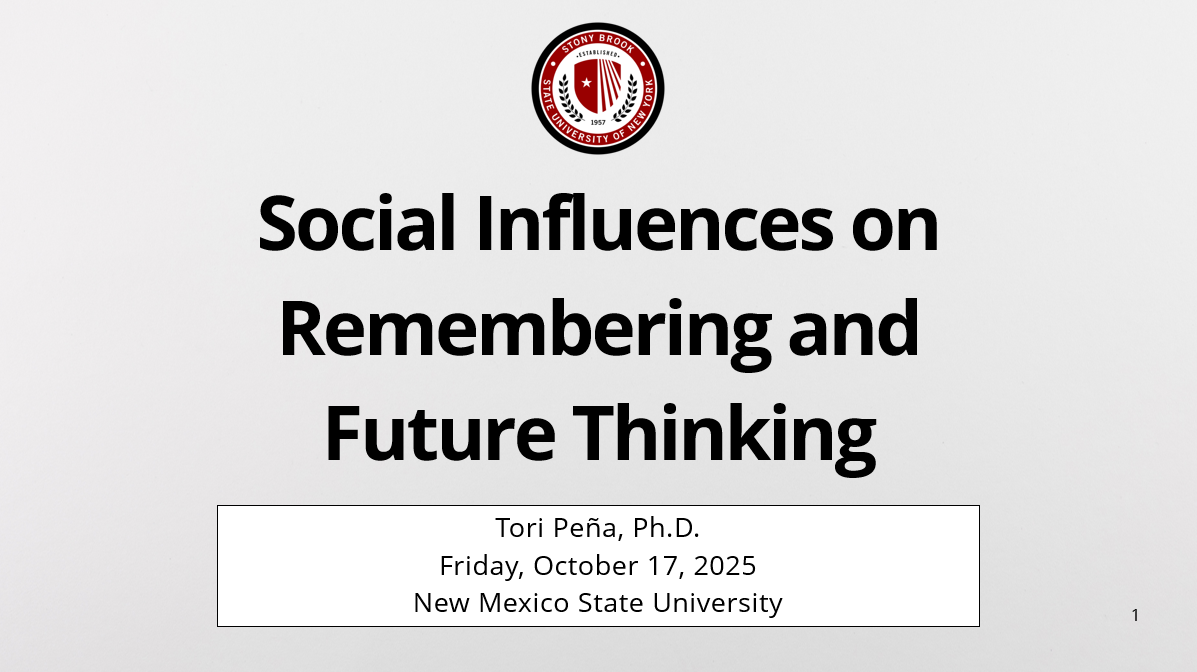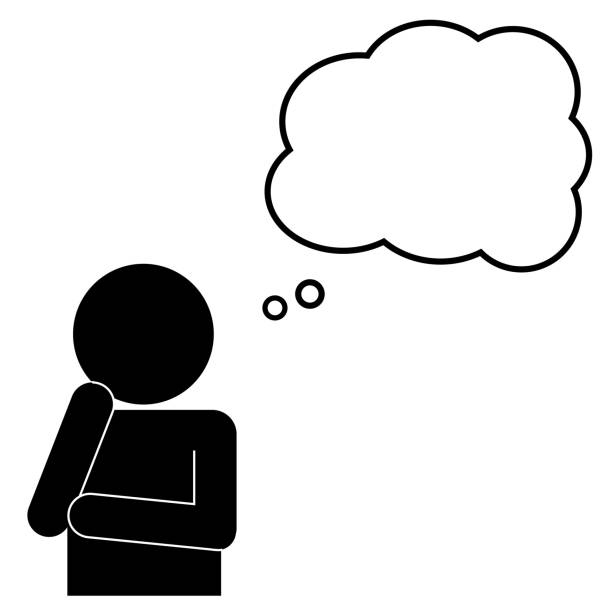Do emotional and social primers change the pessimism in collective future thinking?: Testing the robustness of the collective negativity bias
In this study, we tested whether prior exposure to valenced examples of collective future projections – attributed to an unknown source or a social source – shifts the valence of collective future thinking. Across all experiments, the collective negativity bias persisted and was comparable regardless of the valence or source of primers. This consistency is striking given that collective future projections are unbounded by reality, yet they seem resistant to primers we used.

